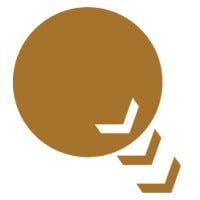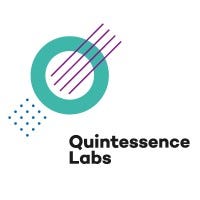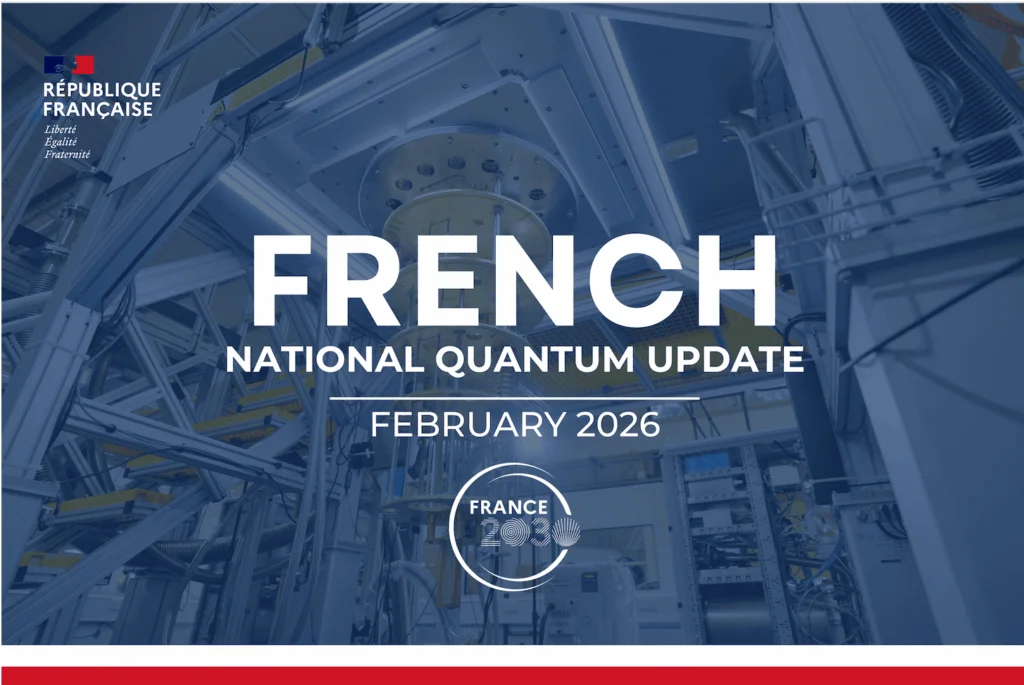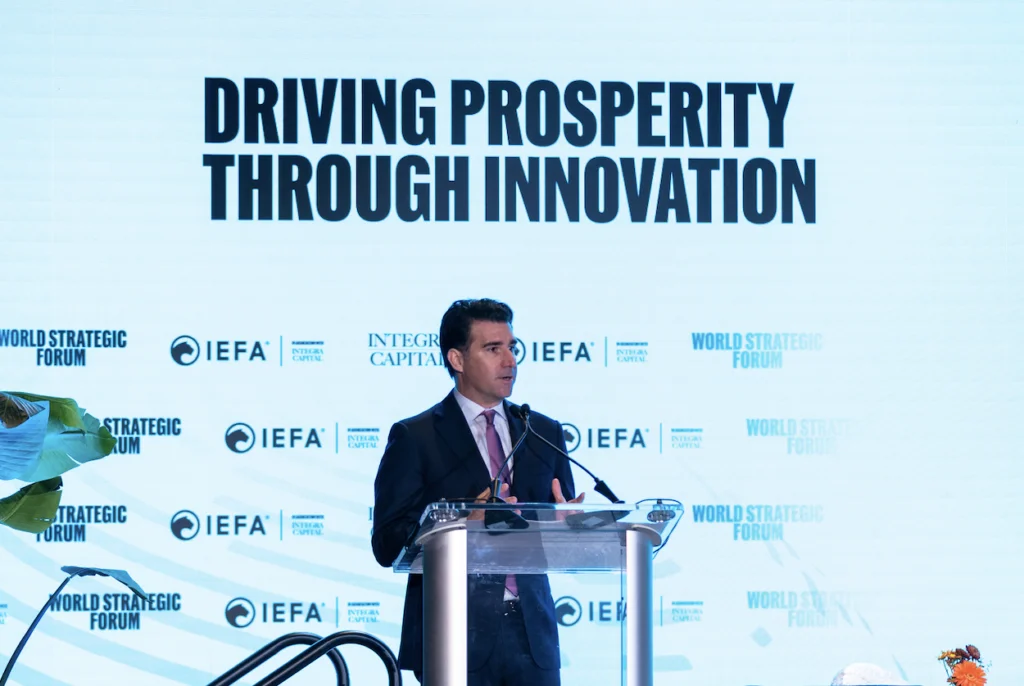History of Quantum Computing Efforts in Australia
Australia has a strong historical pedigree in the quantum technology sector. As a vanguard in research and development, the country is an exemplar of how research efforts and commercial enterprises can help develop an industry.
According to our Quantum Intelligence Platform, there are over many universities directly involved in quantum technology research that are at the forefront of research in the space. The University of New South Wales and the Australian National University, for instance, are institutions where quantum spinoff companies came into being (see below).
Charting the Australian quantum landscape, a research paper published in 2019, states that Australia has “more than two decades of support for quantum engineering, science, and technology [and] has paved the way for significant scientific outputs and exciting translation efforts.”
Along with the university programs already mentioned, The Australian Research Council supports four national Centres of Excellence in quantum technology — the Centres for Engineered Quantum Science (EQUS), Exciton Science, Future Low-Energy Electronics Technologies (FLEET), and Quantum Computation and Communication Technology (CQC2T). Together, they employ more than 500 scientists and are running variously until this and next year, as per the paper.

The country can trace its origins to research in modern quantum technology to work on quantum optics and condensed matter physics. The efforts of Professor Hans Bachor (the Australian National University, ANU, 1982) and Professor Gerard Milburn (ANU, 1985; the University of Queensland, UQ, 1988) in quantum optics are evident examples.
Professor Robert Clark (the University of New South Wales, UNSW, 1990), meanwhile, has been identified for his work in condensed matter physics, and as the founder of the National Pulsed Magnetic Laboratory.
The Silicon Story
1998 was an important year for quantum in Australia, as a postdoc from UNSW, Dr. Bruce Kane, published a paper on the potential for using silicon for quantum computing based on phosphorous atoms. This paper, it can be noted, inspired Robert Clark to put together the National Centre for Quantum Computing, now called the Centre for Quantum Communications, the oldest national quantum centre in the world that is focused on applications in silicon and photonics.
This created a strong research focus at UNSW on the potential of silicon quantum computing which has ultimately led to the formation of companies such as SQC (Michelle Simmons) and Diraq (Andrew Dzurak).
The 21st century brought more breakthroughs: 2003 saw Professor Vicki Sara — then Chief Executive Officer of the Australian Research Council — establish the Centres of Excellence program. This program, designed to lead innovative and cutting-edge research in the county, has helped the country go from strength to strength.
Individuals, too, have played a part in this story. Australia can boast many postgraduates who have written their own histories into the narrative, most notably Dr. Christian Weedbrook (University of Toronto; Ph.D. UQ and CQC2T) and founder of a quantum startup, Xanadu.
Another is Professor Jeremy O’Brien (University of Bristol; Ph.D. UNSW; Postdoc UQ and CQC2T) who founded PsiQuantum, a photonics-based quantum startup that has raised $665 million in funding, as per our data platform.
With this kind of legacy, Australia can be proud of its quantum tech heritage and is likely to be at the forefront of future developments. Since the mid-noughties, there’s been a growing startup scene in Australia.
Broader Research Work
The ARC Centre of Excellence for Quantum Computation and Communication Technology, funded by the Australian Government through the Australian Research Council, is a clear example of where the country is heading in terms of a roadmap, as well as being a trusted authority in the industry. In existence since 2011, the ARC Centre of Excellence for Engineered Quantum Systems is advancing efforts in research regarding atoms, ions and superconducting circuits. It should also be noted that its members have a close relationship with US-based programs such as IARPA and the ARO.
Currently, it has over a dozen Chief Investigators that work at several institutions of tertiary education, including the University of Sydney and the University of Queensland.
Another important thing to point out is the University of Sydney has been hosting the Microsoft Station Q since 2015, a massive investment in local efforts that surpasses those made by the ARC Centres.
Other Ecosystem Players
Quantum Australia, the nation’s premier quantum industry event presented by Sydney Quantum Academy, kicks off again this February.
In February 2022 in a joint statement on UK-Australia virtual summit, Prime Minister Boris Johnson and Australian Prime Minister Scott Morrison agreed to pursue closer cooperation on quantum science and technology, as the two countries develop their own national strategies.
And finally, in November 2022, The Australian Trade and Investment Commission announced it had set aside A$4.8 million over four years to bolster the development of quantum technology, including funding for twenty Ph.D. scholarships and collaboration by universities.
5 Australian Quantum Computer Companies
1. Silicon Quantum Computing

Led by Professor Michelle Simmons, Silicon Quantum Computing was founded in 2017 and is jointly owned by the Australian Commonwealth Government, the Commonwealth Bank of Australia, Telstra, UNSW Sydney, and the NSW State Government. It operates from new laboratories within CQC2T’s headquarters at UNSW in Sydney, Australia.
At its core, the company is focused on building a silicon quantum computer by commercializing world-leading research produced at Australia’s Centre of Excellence for Quantum Computation and Communication Technology (CQC2T) and through the efforts of its own team of world-leading researchers and engineers.
Currently developing a 10-qubit quantum integrated circuit in silicon to be delivered this year, Silicon Quantum Computing’s ultimate goal is to deliver useful commercial quantum computing solutions.
However, in June 2022, the company announced the world’s first integrated circuit manufactured at the atomic scale, which operates as an analogue quantum processor.
In June of last year, Silicon Quantum Computing launched its A$130-million Series A capital raising to fund the company’s technical development, operations and strategic activities from 2023 to 2028, and comes after the A$83 million seed capital it raised in 2017.
2.Diraq

The Sydney, Australia-based quantum startup, Diraq — which came out of stealth in May 2022 as a spinoff from the University of New South Wales (UNSW) and from the intellectual property and capital equipment related to Silicon Quantum Computing’s SiMOS technology — was founded by Andrew Dzurak, a professor at UNSW Sydney.
Diraq’s focus is to build fault-tolerant quantum computers. Its patented SiMOS qubits are the same size as today’s transistors and use the same manufacturing. Presently, Diraq maintains 28 patents and patent applications across major jurisdictions. Over the next decade, the company aims to progress its chips from prototypes to silicon quantum processor chips at nanometre scales.
Financially speaking, Diraq has not yet disclosed any private VC funding.
3.Q-CTRL

Q-CTRL was founded in 2017 by Michael Biercuk, a Professor of Quantum Physics at the University of Sydney, and offers software aimed at controlling quantum hardware to reduce errors.
BOULDER OPAL delivers optimized, error-robust quantum controls for QC devices. Its Python package, meanwhile, can be directly integrated with existing hardware to deliver better performance and reliability.
According to Biercuk, the company’s CEO, Q-CTRL knew from day one that quantum sensing provided a near-term opportunity to translate the company’s specialization in quantum control into value capture and new sovereign capabilities.
Q-CTRL has raised over $40 million in funding to date, backed by such VCs as Airbus Ventures, Sequoia and DCVC.
4. Quantum Brilliance

A spinoff from the diamond quantum program at the Australian National University, Quantum Brilliance is a German-Australian startup building a quantum computing platform that operates at room temperature without the need for complex cooling systems. Its two-qubit diamond quantum ‘accelerator’ uses synthetic diamonds and runs at room temperature in any environment.
Based in Canberra, Australia — the nation’s capital — Quantum Brilliance was founded in 2019 and has raised $11 million in funding.
5. QuintessenceLabs

QuintessenceLabs was founded in 2008 by Vikram Sharma and provides services in quantum-based random number generator, a high-performance, interoperable key and policy manager along with other solutions.
Based in the country’s capital, Canberra, Quintessence Labs is known as being selected as a World Economic Forum Global Innovator as well as winning a prestigious 2020 CyberTech100 Award and promises a solid security foundation, and seamless integration while offering its clients the world’s fastest random number generator.
So far, QuintessenceLabs has raised nearly $50 million in funding.
Future of Quantum Computing in Australia
Although a quantum computer may be able to achieve this feat in the future with weather prediction analysis etc., forecasting the years and decades down the line for an immature industry is an almost impossible task.
Based on information provided by CSIRO, Australia’s national science agency in October 2022, analysis forecasts quantum technology will “reach $6 billion and generate more than 19,000 jobs in Australia by 2045.”
It must be pointed out that the report provides only conservative estimates and refinements of the original modelling and extends the forecast from 2040 to 2045. Focusing exclusively on quantum computing, sensing and measurement & communications, CSIRO Senior Economist Mingji Liu says the updated figures reflected recent domestic and global developments in quantum technology opportunities.
“Although there is still uncertainty as to how quantum technology will be commercialized — both around the world and domestically — the startup funding and investment in quantum are encouraging,” he added.
CSIRO Quantum Technologies Director Jim Rabeau, on the other hand, believes the last 18 months have seen a greater focus on strengthening Australia’s position in the emerging quantum technology ecosystem.
“CSIRO has launched its Future Science Platform, a number of new companies have been backed or reached key milestones, a tech industry group has been formed and we’re seeing an intensive national focus,” said Rabeau, while noting the most important thing moving forward will be to sustain and grow over the long term.
CSIRO Chief Executive Larry Marshall thinks Australia is now at an inflection point in terms of growth in the nation’s quantum industry, though warns research and commercial considerations are a “tipping point” that needs to be considered.
“We need to harness our bold vision for what this breakthrough technology could mean for some of our largest industries,” said Marshall.
May 2023, however, saw the first National Quantum Strategy released by the Australian Government. The National Quantum Strategy is the result of extensive consultation with the quantum sector and wider community, led by Australia’s Chief Scientist Dr Cathy Foley.
According to the Government website, the National Quantum Strategy has five themes to guide the government’s actions over the next 7 years.
- Thriving research and development, investment in and use of quantum technologies
- Securing access to essential quantum infrastructure and materials
- A skilled and growing quantum workforce
- Standards and frameworks that support national interests
- A trusted, ethical and inclusive quantum ecosystem
Feature image: Image by Patty Jansen from Pixabay
For more market insights, check out our latest quantum computing news here.
















